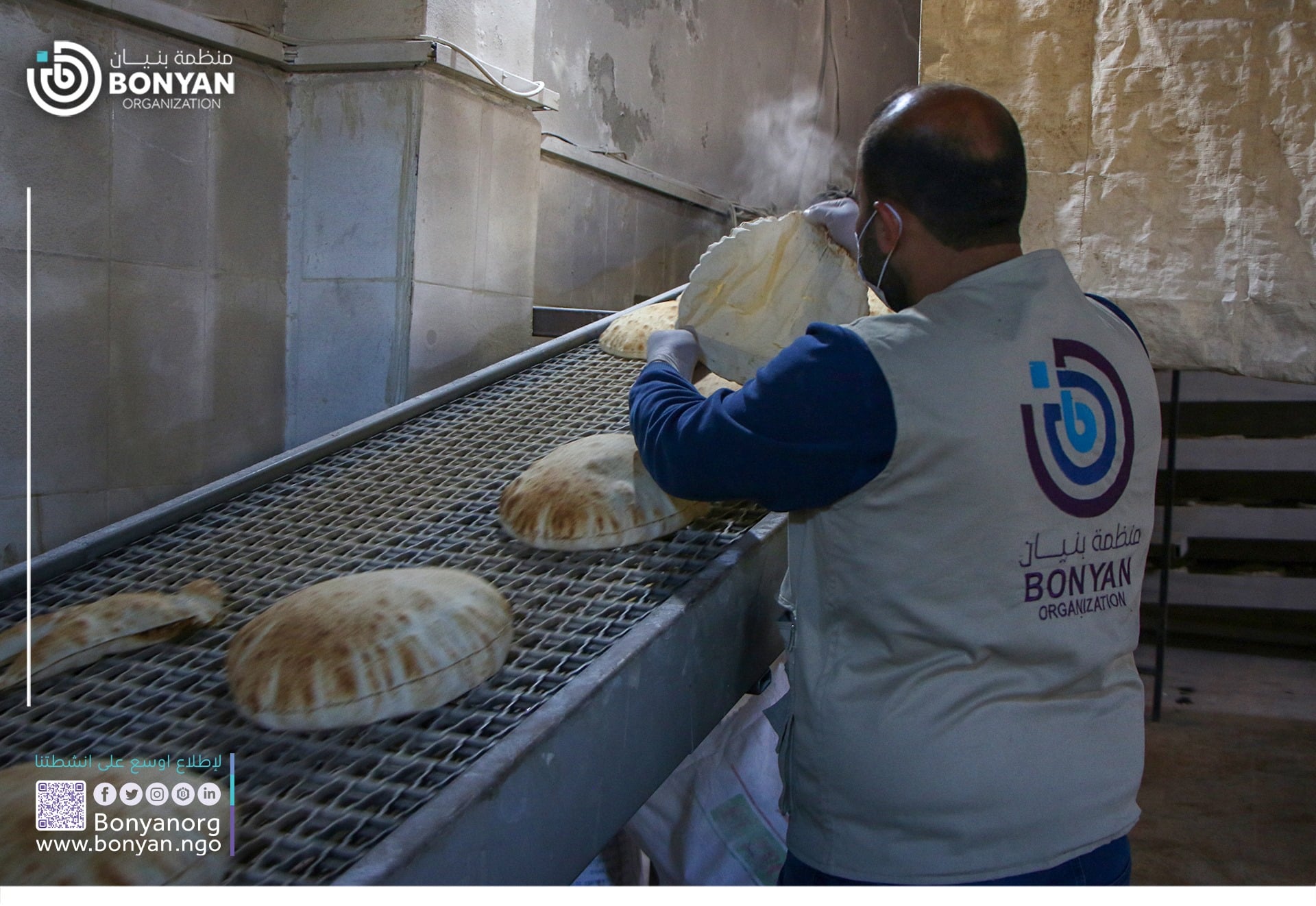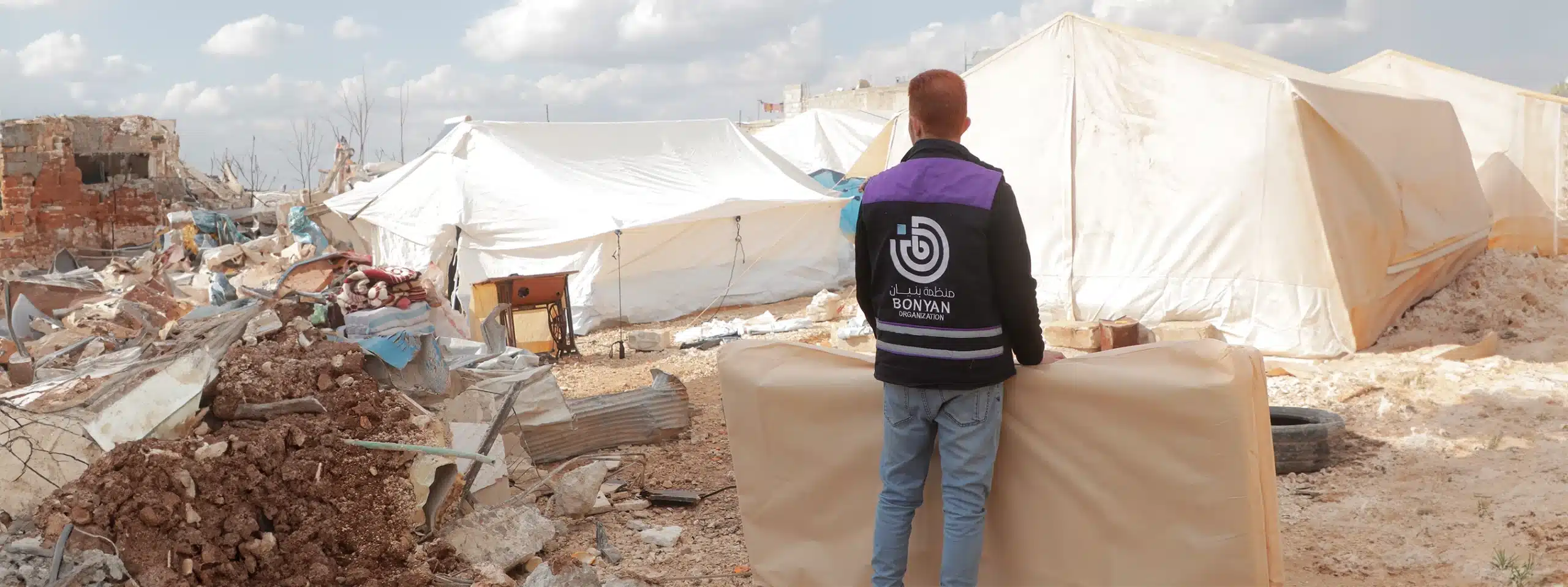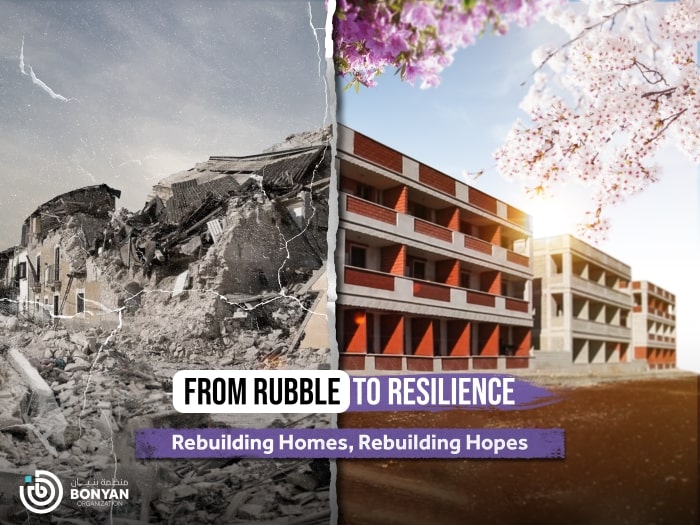In a world marked by both abundance and scarcity, the twin challenges of food security and livelihoods weave a complex tapestry that affects billions of lives globally.
As communities grapple with the intricate dance between climate change, economic disparities, and geopolitical tensions, the quest for a secure and sustainable food supply becomes inseparable from the pursuit of viable livelihoods.
What Are Food Security And Livelihoods?
Food security and livelihoods are interconnected concepts that focus on ensuring individuals and communities have access to sufficient, safe, and nutritious food while also promoting sustainable economic activities to support their well-being.
Food Security
Food security exists when all people, at all times, have physical, social, and economic access to sufficient, safe, and nutritious food that meets their dietary needs and food preferences for an active and healthy life.
The Four Pillars of Food Security:
- Availability: Is there enough food produced and present in the area?
- Access: Can people afford and obtain the food they need?
- Utilization: Do people have the knowledge and resources to use food properly (preparation, storage, nutritional balance)?
- Stability: Is access to food consistent over time, even in the face of shocks or disasters?
Livelihoods
Livelihoods refer to the means and activities that enable individuals to secure the necessities of life, including food, shelter, and clothing. It involves sustainable economic activities that support people’s well-being and resilience.

Why Food Security And Livelihoods Are Intertwined
Livelihoods as the Source of Food Security
Income: Strong and stable livelihoods enable people to have the necessary income to purchase the food they need. Farmers who can sell their products, individuals with steady jobs, and small business owners all benefit from the ability to consistently meet their food needs.
Direct Production: Many households, especially in rural areas, engage in farming, fishing, or livestock rearing as a core part of their livelihood. This direct production is one of the main sources of their food.
Food Security as the Foundation of Productive Livelihoods
Health and Productivity: When people have access to nutritious food, they are healthier, have more energy, and are better able to work effectively. Children who are well-nourished perform better in school and grow up to become more productive members of society.
Resilience: Food security makes households and communities more resilient to economic shocks, natural disasters, or conflict. If people have access to food, they are better placed to recover from setbacks and avoid a downward spiral into poverty.
The Vicious Cycle: When it Breaks Down
Food Insecurity leads to weaker livelihoods: When people are hungry or can’t afford nutritious food, their health and productivity suffers. They may be unable to work as efficiently, earn income, or sustain their farming activities. This traps them in a cycle of poverty and further food insecurity
Weak livelihoods lead to food insecurity: Economic downturns, job losses, natural disasters affecting harvests, or rising food prices can all jeopardize livelihoods. Without a means to access or produce food, people quickly become food insecure.
Why Are Food Security And Livelihoods Important?
Importance for Individuals
Food security guarantees people access to the nutrition they need to live healthy, active lives. Good nutrition not only removes the suffering of hunger, but it promotes proper development in children, protects against disease, and enables people to work effectively.
Secure livelihoods go beyond food to provide economic stability, allowing people to afford housing, education, and healthcare – essentials for breaking the cycle of poverty and improving quality of life.
Importance for Communities and Nations
Communities with food security and strong livelihoods are inherently more resilient. They are better equipped to weather natural disasters, economic downturns, and social disruptions. Food-secure populations form a productive workforce that fuels national economic growth, and addressing hunger is key to preventing conflict driven by desperation.
On a wider scale, ensuring people have access to food and stable livelihoods encourages them to prioritize sustainability, ensuring both short-term needs and long-term environmental health.
What Are The Factors That Affect Food Security And Livelihoods?
Factors Affecting Food Security
- Availability:
- Climate extremes (droughts, floods)
- Pests and diseases affecting crops or livestock
- Conflict disrupting agricultural production
- Insufficient or inefficient food storage and transport
- Access:
- Low income and poverty
- High food prices
- Lack of market access, especially for rural communities
- Discrimination or inequality denying access to specific groups
- Utilization:
- Limited knowledge of nutrition and healthy food preparation
- Lack of clean water and sanitation impacting food safety
- Health conditions limiting the body’s ability to absorb nutrients
- Stability
- Political instability and conflict
- Economic shocks (job losses, price volatility)
- Environmental degradation leading to unsustainable resources
Factors Affecting Livelihoods
- Economic Factors:
- Limited job opportunities
- Unfair trade practices
- Economic downturns and recessions
- Lack of access to credit or financial services
- Social Factors
- Discrimination based on gender, ethnicity, or social status
- Lack of education and skills
- Social unrest and conflict disrupting productivity
- Environmental Factors
- Land degradation and resource depletion
- Climate change impacts (unpredictable weather, water scarcity)
- Natural disasters
- Governance Factors
- Poor infrastructure (i.e., roads, electricity) limiting market access
- Corruption or policies that stifle smallholder farmers or local businesses
How Are Food Security And Livelihoods Achived?
Achieving food security and strengthening livelihoods requires a multi-faceted approach addressing the complex factors that influence them.
Improving Food Security
Sustainable Agricultural Practices: Promoting climate-smart agriculture, responsible land and water use, crop diversification, and integrated pest management helps increase food production while protecting the environment.
Reducing Food Loss and Waste: Investing in better storage, transportation, and processing infrastructure can significantly reduce the amount of food lost along the supply chain.
Market Access and Trade: Support policies that improve access to markets for smallholder farmers help ensure they can fairly sell their produce. Balanced trade policies contribute to the availability of diverse foods.
Social Safety Nets: Government programs like food assistance, school meals, and cash transfers can alleviate immediate food insecurity for the most vulnerable during emergencies or difficult economic times.
Strengthening Livelihoods
Skills Development and Education: Vocational training, technical support, and improved education provide people with the tools to secure better jobs or develop their businesses.
Access to Resources and Finance: Promoting access to land, equipment, water, credit, and savings systems are essential for people to engage in various livelihood activities.
Infrastructure Development: Roads, irrigation, and reliable electricity help create opportunities for agriculture, commerce, and economic growth.
Inclusive Value Chains: Ensuring marginalized groups like women and small-scale producers have a fair chance to participate in and benefit from food value chains.
Disaster Risk Reduction: Policies and programs focused on building community resilience and preparedness help vulnerable people withstand shocks and preserve their livelihoods.
The Role Of Ngos In Food Security And Livelihoods
NGOs (Non-Governmental Organizations) play a vital role in promoting food security and improving livelihoods across the globe.
Direct Food Assistance
Emergency Response: During crises caused by conflict, natural disasters, or hunger emergencies, NGOs provide essential food aid, nutrition interventions, and supplies to save lives and support vulnerable populations.
Addressing Chronic Hunger: Through community feeding programs, school meals, and supplementary nutrition programs, NGOs tackle long-term food insecurity, often with a focus on children, women, and marginalized populations.
Supporting Agricultural Production & Sustainability
Training and Education: NGOs train farmers on sustainable farming techniques, integrated pest management, climate-smart agriculture, and crop diversification to increase yields and promote environmental stewardship.
Technology & Infrastructure: They help with access to drought-resistant seeds, irrigation systems, small-scale processing facilities, and storage tools to improve productivity and reduce food loss.
Market Linkages: NGOs connect smallholder farmers to markets, negotiate fair prices, and support the development of cooperatives to strengthen farmers’ bargaining power.
Livelihood Development
Skills Training: NGOs offer vocational training, life skills education, and business development courses to support income diversification and the creation of small businesses.
Microfinance and Savings: NGOs provide access to micro-loans, savings groups, and financial literacy training, especially to women and excluded groups, to support their economic empowerment.
Supporting Value Chains: They help communities enter into niche markets, improve product quality, and create opportunities for value addition in agriculture and related sectors.
Advocacy and Policy Influence
Raising Awareness: NGOs educate the public on food security issues, highlighting the challenges and solutions, mobilizing public support for policy changes.
Working with Governments: They engage with governments to advocate for policies that protect smallholder farmers, improve nutrition, and invest in rural development.
Holding Institutions Accountable: NGOs monitor government spending and food aid programs to ensure resources reach those most in need, and that projects are effective and well-managed.
Why NGOs are Critical
NGOs bring invaluable advantages to food security and livelihood efforts. Their deep grassroots connections with communities allow them to pinpoint specific needs and develop solutions that are culturally sensitive.
NGOs excel in their flexibility, offering a more agile response to crises than bureaucratic systems, where they can rapidly test new approaches and adapt quickly to changing conditions.
Importantly, they foster diverse partnerships with governments, donors, researchers, communities, and even businesses, multiplying the impact of their work by leveraging different strengths and resources.
The State Of Food Security And Livelihood In Syria
Unfortunately, the state of food security and livelihood in Syria is deeply concerning, given the years of conflict and its lingering effects.
Challenges to Food Security
Disrupted Production: War has ravaged Syria’s agriculture infrastructure. Farms are damaged, fertile land is disrupted by conflict, and farmers often lack seeds, tools, and irrigation systems.
Displacement and Poverty: The massive displacement of people within Syria has put tremendous strain on resources. Many have lost their land and traditional ways of securing food. Rising poverty makes it difficult for families to afford even basic necessities.
Ongoing Crisis Exacerbates Needs: The situation isn’t static. Economic disruptions, potential further conflict, and even issues like drought create ongoing shocks that lead to acute food crises.
Challenges to Livelihoods
Economic Collapse and Job Loss: War has shattered the Syrian economy. Many people have lost traditional jobs and lack the stability to create new sources of income.
Market Disruptions: Conflict makes it difficult to transport goods and maintain stable supply chains, harming businesses and farmers looking to sell their products.
Vulnerability of Specific Groups: Women, displaced people, and those in specific regions might face even greater difficulty securing jobs and finding a viable path to economic self-sufficiency.
From Hunger to Hope: Bonyan’s Mission in Northern Syria
At Bonyan, we aren’t just an organization providing aid in northern Syria; we’re a lifeline reaching towards hope and resilience. The devastation of war left deep scars here, with families shattered and hunger a daily threat. That’s where we step in.
Our work starts with the basics – food baskets, vouchers, and mobile kitchens to combat the desperate pangs of hunger that cripple those who were once self-sufficient.
But we know that true change goes deeper than immediate relief. We work with farmers, their calloused hands a symbol of a resilient spirit we aim to revitalize. Seeds, irrigation support, and the hum of restored mills speak of revived agricultural production, offering the promise of food not just now, but for seasons to come.

However, we acknowledge that food on the table needs income in the pocket. That’s why we provide vocational training, particularly for women who were so often left powerless. The spark in their eyes when learning new skills, a step towards building their own businesses, gives us hope as it gives them a tool to rebuild their lives.
We promote water and sanitation projects alongside this– clean water is essential for health, the same health that fuels both thriving farm fields and bustling markets.
We see food security and livelihoods as interwoven, and at Bonyan, we’re the ones untangling this knotted situation and fostering pathways towards a more sustainable future for northern Syria, one family, one community at a time.
But we can’t do this alone. Your donation empowers us to provide lifesaving food, revitalize farming, and offer crucial support to vulnerable Syrians. Join us in our mission to rebuild lives and nurture resilience. Donate to our campaigns and become part of the change today.
Content
- What Are Food Security And Livelihoods?
- Why Food Security And Livelihoods Are Intertwined
- Why Are Food Security And Livelihoods Important?
- What Are The Factors That Affect Food Security And Livelihoods?
- How Are Food Security And Livelihoods Achived?
- The Role Of Ngos In Food Security And Livelihoods
- The State Of Food Security And Livelihood In Syria
- From Hunger to Hope: Bonyan’s Mission in Northern Syria







